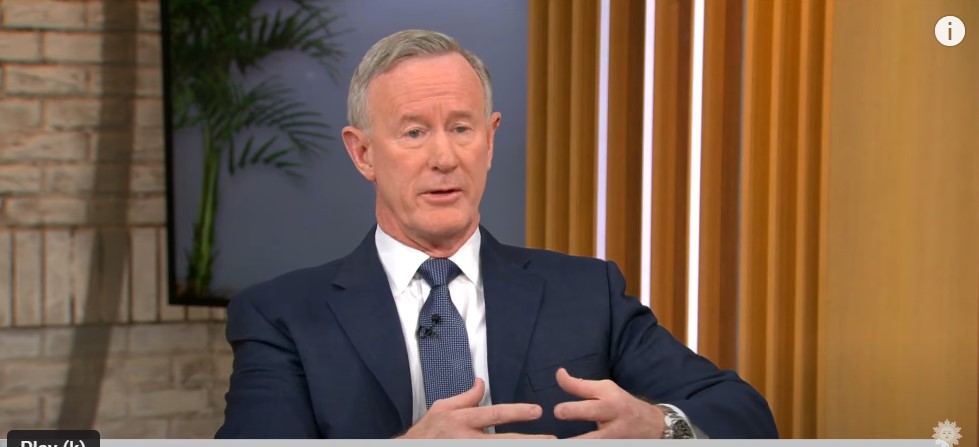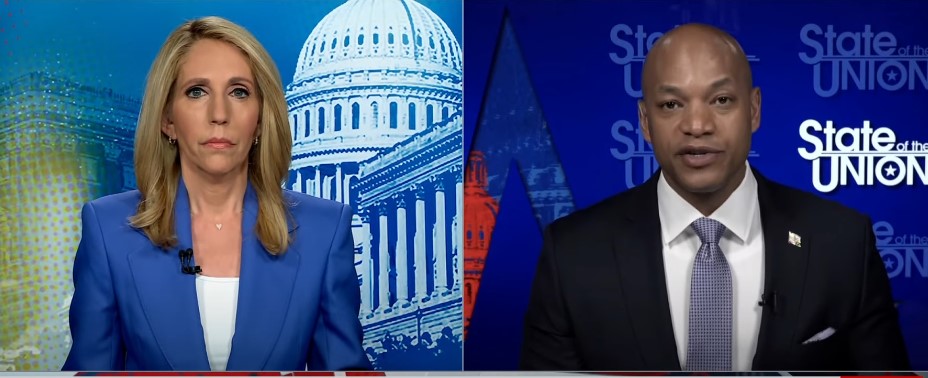Articles
The Terri Ammerman Group pairs decades of communications and media experience with relevant, current perspective. We understand the ever-changing needs and scenarios faced by companies, executives, and media professionals. Part of our training involves examining communications scenarios in real-time, so participants can clearly see what to avoid when speaking and what to say when delivering a clear, convincing message. Our team regularly offers perspective and insights on current situations through the articles posted here.

Grace Under Emotional Turmoil
There may be no more challenging experience for a communicator than to appear before the media to discuss a deadly tragedy involving a good friend. That was the scenario Minnesota Governor Tim Walz faced when he spoke to reporters about the murder of his friend and colleague Melissa Hortman, the speaker of the Minnesota House of Representatives....

One Flippant Remark Derails Key Messages
Let’s say you are representing your company or agency at a public meeting. You’re delivering key messages effectively. Suddenly, a member of the audience asks a critical question or makes a provocative claim that catches you slightly off guard. Instead of giving a thoughtful response, you utter an off-the-cuff flippant remark that angers your...

Stay in Control and Avoid Interruptions
A speaker is in the middle of delivering a key message during a television interview or news conference when a reporter interrupts him/her with another question. You have probably seen this a thousand times. And, in many cases, you’ve watched the speaker get sidetracked by the interruption and never get back to their key message. By allowing the...

Lessons From the Belichick Interview
It was the interview heard around the world, or at least all over social media. Bill Belichick, the former New England Patriots head coach, was being interviewed on CBS about his new book and other topics. About two-thirds of the way through the interview, the 73-year-old Belichick was asked questions about his 24-year-old girlfriend Jordon...

Facing a Crisis Head-On
What should you do when a crisis hits your company or organization? Retired Admiral William McRaven answers that question in his new book Conquering Crisis. McRaven, the former Navy Seal leader who oversaw the mission to kill or capture Osama bin Laden, argues a crisis should be met head-on without significant delay. While McRaven is not...

Repeating the Negative isn’t Positive
In any media encounter, one of your goals is to express positive quotes and soundbites that will enhance the standing of your company or organization. But you can sabotage your messages by repeating negative words used by a reporter during an interview or news conference. Reporters love negative words because they often make for catchy...

Address a Question Before Delivering a Message
Why do many politicians drive us crazy when we watch their interviews? It’s simple. They often fail to answer or even acknowledge questions before delivering messages and talking points. It’s almost as if they didn’t hear the questions. Case in point is a CNN interview with Maryland’s Democratic Governor Wes Moore. He was asked if he agreed with...

Don’t Step into the Guarantee Trap
Let’s say you’re being interviewed by a reporter or taking questions from the public during a community meeting. You get a question that includes the word “guarantee” in it. Alarm bells should go off in your head and a red flag should be waving in your mind. You are now facing the guarantee trap. You don’t want to step into it by repeating the...

The Hot Mic Strikes Again!
Here we go again. A hot mic embarrasses another public figure. It’s astounding how often people who should know better get careless around microphones and cameras. The latest incident involves Texas Congressman Dan Crenshaw. After just completing a taped television interview, Crenshaw gets himself into trouble by casually suggesting he would end...

Boring + Distracting = Failure
When you are preparing for a news briefing or any media encounter, it’s imperative that you understand what will keep your audience of journalists engaged. The last thing you want to do is bore or distract reporters, which could keep them from absorbing your key messages and communicating them to the public. So, we were stunned when we viewed a...
